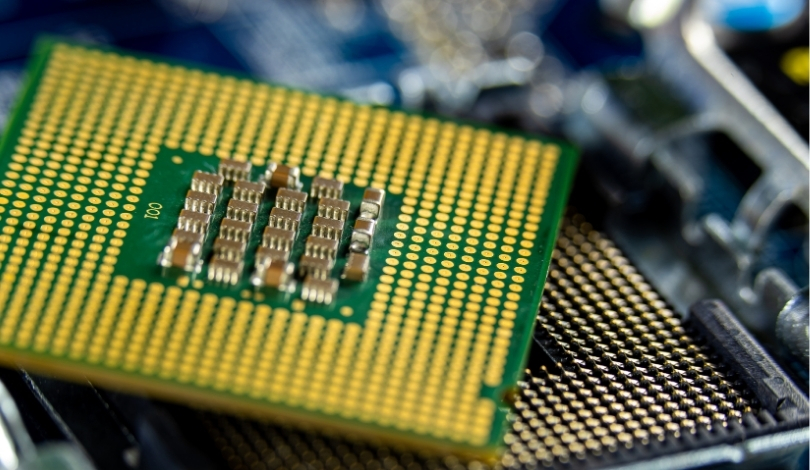Arm and Qualcomm are embroiled in a significant legal dispute that could reshape the technology landscape. The conflict centers on licensing agreements and patent rights, posing challenges for manufacturers of Windows-based laptops. As both firms hold critical positions in the semiconductor industry, their disagreement threatens to disrupt product development and market dynamics. This confrontation not only affects the companies involved but also has broader implications for consumers and the tech ecosystem.
Previously, Arm and Qualcomm maintained a collaborative partnership to advance mobile computing technologies. However, the current legal confrontation marks a significant shift from their earlier cooperative endeavors. This deterioration in relations has introduced uncertainties into the market, particularly affecting the production and availability of Windows laptops reliant on their technologies.
What are the Core Issues in the Dispute?
The disagreement primarily revolves around licensing fees and the scope of patent usage related to semiconductor technologies. Both companies assert claims over intellectual property that underpin their respective product lines, leading to tensions over fair compensation and rights to innovate independently.
“We are dedicated to ensuring the protection of our intellectual assets,”
Qualcomm’s spokesperson remarked during a recent conference.
How are Windows Laptops Affected?
The ongoing legal battle may result in supply chain disruptions, potentially delaying the release of new Windows laptop models. Manufacturers reliant on both Arm and Qualcomm’s technologies are facing uncertainty, which could lead to increased costs and limited product availability for consumers. This situation underscores the importance of stable partnerships in the tech manufacturing process.
What is the Potential Impact on the Tech Industry?
The outcome of this dispute could set precedents for future collaborations and legal frameworks within the tech sector. A resolution favoring one party may shift market dynamics, influencing how companies negotiate partnerships and manage intellectual property rights moving forward. Additionally, this conflict highlights the delicate balance between competition and cooperation in fostering technological innovation.
The legal conflict between Arm and Qualcomm underscores the complexities of intellectual property management in the rapidly evolving technology sector. As these two industry giants navigate their dispute, the ripple effects are felt across device manufacturers and end-users alike. Stakeholders must closely monitor developments, as the resolution will likely dictate future strategic alliances and innovation trajectories within the market. Ensuring a balanced approach to licensing and patent rights will be crucial in maintaining a competitive yet cooperative technological ecosystem.










